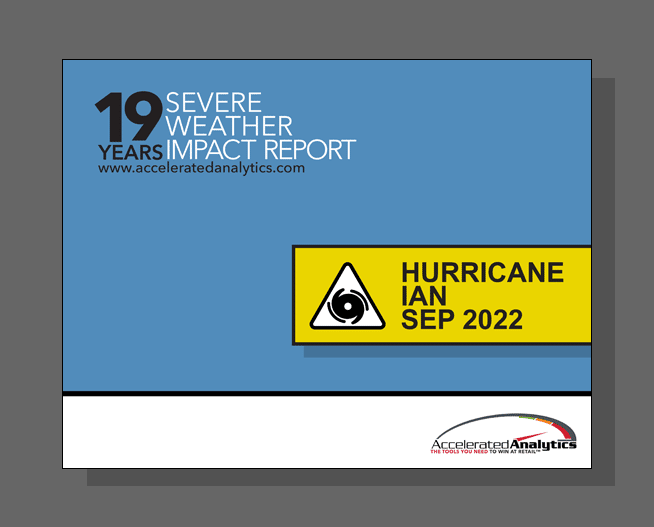“We’re measuring the biggest players in the game, and they just keep getting better and better. Because customer satisfaction, as we measure it, is predictive, that’s a good sign not only for the consumer experience, but for the bottom line of internet retailers as well,” said study author Larry Freed, president and CEO of ForeSee. “If there’s a negative spin to these positive trends, it is that this puts even more pressure on all other e-retailers to keep up or catch up.”
Target.com’s score of 79 was one-point better than what it achieved in 2011. Though small, the increase is significant considering how much flack Target got over the issues surrounding the launch of its Missoni line. Last fall, the retailer failed to anticipate demand for the product, and many online orders ended up delayed or canceled.
Meanwhile, Walmart.com’s score jumped from 79 to 82, showing that the company’s investments in online and social media are paying off.
However, no online retailer seems to come close to Amazon.com, which climbed three points to 89 to top the list, and is four points higher than the second highest scoring websites, Apple.com (85) and QVC.com (85).
“Amazon continues to set the standard for e-retailers. The truth is that every consumer who has visited Amazon knowingly or unknowingly benchmarks all other experiences against it, and why wouldn’t they? They do everything and they do it well,” said Freed.
Measuring customer satisfication is subjective, so to achieve its list, ForeSee uses individual satisfaction scores for the top 100 e-retailers by revenue as measured by Internet Retailer, quantifies the likely future behaviors of website visitors, including their likelihood to purchase online or offline and proxies for loyalty such as likelihood to return to the site or recommend. When compared to dissatisfied customers, highly satisfied website visitors—those who score their experience 80 or higher—report being 72% more likely to purchase from that retailer’s website and 56% more likely to make the purchase through another channel.
“Highly satisfied website visitors are nearly 70% more likely to recommend the website to others than dissatisfied customers. In the modern world of Facebook, Twitter, and other social media, it is even more imperative to provide the best experience possible to your customers because any experience has huge potential to be amplified, for better or for worse,” said Freed.
Source: retailingtoday.com


